Highlighting disabled activism’s incubator
Global program changes world, begins in Bay Area
October 29, 2015
The incubator of the disability activism and services movement was a small staff office on the sunny south side of the top floor of the Alameda County Administration Building in Oakland, California.
My primary job description was community services liaison of the County Administrator’s Office. This included identification of individuals, groups and public service agencies in the county with unmet needs and to initiate funding recommendations to establish program services.
Specifically, my position responsibilities included interviews, research and evaluation of proposals submitted for funding, technical assistance and writing proposals, if, and when, necessary. My position title on the CAO organization chart was county revenue sharing coordinator.
One balmy spring Saturday morning in 1971 I was strolling through People’s Park in Berkeley. It is located four blocks south of the UC Berkeley campus.
An emaciated, dark-haired 30-something-year-old Caucasian man with a pronounced limp attracted my attention. He was attempting to navigate his way across the park with a great deal of difficulty. The uneven garbage-covered terrain was not remotely conducive to pleasant pedestrian passage. I caught his left arm before he fell. He was obviously in need of assistance.
He spoke slowly with a great deal of difficulty.
He said, “I’m near-sighted, have epilepsy and peripheral neuropathy. We need some damn sidewalks in this park. I’m in a world of hurt trying to travel my butt around Berkeley.
“Last night I dreamed there was a local community-based agency that will provide comprehensive social and health services advocacy for handicapped folks like me. Can you believe that, bro?”
I asked for his contact information, with the mindset of making his dream come true. The gentleman suggested meeting at my office.
The following Tuesday two uniquely-challenged Caucasian men arrived at my office 15 minutes early. One was in a manually operated wheelchair. He had an obvious physical challenge involving lack of saliva control, which caused excessive drooling. This gentleman preferred not to disclose his name.
The man I had met in People’s Park calmly introduced himself as Larry Biscamp. He did all the speaking for the pair and represented the disabled community. I listened intently, asked several questions and took a bunch of notes to clarify his comments and concerned questions.
Our congenial meeting lasted one hour. We only took one break to get some water and Kleenex for Biscamp’s co-conspirator. During the break Larry informed me that his anonymous friend, who for all intensive purposes of this piece I shall call Mr. X, had ADHD, multiple sclerosis and chronic depression diagnoses.
I asked Biscamp if it would be OK to use our meeting notes to write a proposal draft to bring him for review and evaluation on Friday. He was thrilled with my timely response offer. We all shook hands sincerely and escorted them to the elevator.
Mr. X shared a pleasant parting smile and mimed, “Thank you,” as the elevator doors slowly closed. He may have had several challenging life issues, but as far as I was concerned, he was definitely playing center field in the reality ball park.
When I returned to my office, one of my insensitive, crude, culturally deprived male colleagues rushed in the door without knocking.
He shouted, “Don’t ever have those people come in here again. That guy in the wheelchair spit all over our rugs and made us uncomfortable.”
Disgusted by his words I reminded him their taxes pay our salaries.
“This is their office plus we have a custodial staff to clean up every night. That means whatever saliva deposits dropped will be history in the morning,” I said.
“And, if you or others choose to allow any of our uniquely challenged county citizens to make you uncomfortable, I will inform you in advance if, and when, they are returning so you can vacate these hallowed halls and not have your fragile feelings flummoxed. End of discussion. And next time, if there is one, please knock before you are asked to enter my office. It’s a respect thing, bro!”
The funding proposal was then researched and crafted. The final draft was brought to the two disabled-community representatives for approval. They were absolutely thrilled. The word was given to forward the proposal to the Alameda County Board of Supervisors for consideration.
Per Biscamp’s request, a copy of the proposal was passed on to a supervisor of Tom Bates’ staff liaison.
We needed to get two more votes to make the proposal a reality. Fred Cooper is on board per his word and we need another vote. Joe Bort is our best bet.
I placed a copy of the CIL (Center for Independent Living) proposal on his desk before absconding back to my office. The proposal was voted on at the next board meeting. Bates introduced it, Cooper gave a second and Bort added his affirmation. The three votes signified the CIL proposal was accepted for funding.
A call was made to Biscamp. He was surprised and overwhelmed in that order before he began crying.
Biscamp said,“I can’t explain how great I feel because I don’t have dreams come true every day.”
He was told a county official will contact him in the near future to explain how and when the money will become available. It would be extremely prudent to contact several other local disability activism advocates and experienced, trustworthy community services folks to initiate and complete the following tasks:
A) Organize a board of directors to select and formally endorse an official agency name. His idea of Center for Independent Living (CIL) sounds perfect and very responsible.
B) Locate a pro-bono lawyer, if possible, to file the necessary documents for 501 C-3 non-profit agency status with the state of California.
C) Design a written program services delivery system organizational chart. The county staff (that’s me) will provide technical assistance if your task force wishes.
D) Identify and sign the papers with a bank or financial entity such as the Cooperative Center Federal Credit Union to organize and coordinate all CIL monetary matters such as payroll, taxes, accounts payable and receivable.
Suddenly, it was 1962 and Ed Roberts came riding in his iron lung to create an educational earthquake on the UC Berkeley campus. Roberts enthusiastically encouraged the Cal admissions staff to create academic accommodations for him and his iron horse.
Roberts pioneered, planned and organized the first Disabled Students Program and Services Center (DSPS) at Cal. He was the influential instrumental mover and shaker in the organization of the CIL program services delivery system before he humbly accepted the position as the first executive director of CIL.
CIL received its first funding in 1974 and officially opened for business.
The rest is history. Berkeley should be most well-known and recognized as the cradle and home of disability rights activism. Biscamp’s dream is now a reality. Who said dreams don’t come true.
The documented historical reality is (what) CIL had created (was) a unique innovative organization to initially challenge and change the Alameda County comprehensive human services delivery system. Future CIL planning strategies required quiet and occasionally noisy protests and picketing demonstrations for invited TV reporters and cameras.
These persuasive politically astute planning actions eased the disabled community into the mainstream of the national academic, legal, social, political and health services pool.
Today, in October 2015, a majority of the most essential needs of the disabled community have been addressed via federal, state, county and local legal system reform.
CIL has been an influential change for disability rights and activism. There is supposed to be an active functioning DSPS unit on every college campus which receives any amount of federal financial support.
All buildings, classrooms, labs, dining facilities and bathrooms are now allegedly accessible for all, per federal legal mandate. The wonderful winds of change blew and now the booming buzz words are cultural and gender diversity.
Eric Appel is another former CIL staff member and disability rights advocate. He is now at Contra Costa College as the computer aided instruction lab coordinator.
“The Contra Costa College Disabled Student Program Services Office (DSPS) manages and coordinates this lab center’s full range of services that are available to all students. This includes tutor assistance,” he said.
Appel passed on this classic vignette.
“There was a big stink made in Berkeley in the early 1970s about putting in curb cuts. About 2 a.m. one 1972 summer morning some friendly folks dug up one corner of Center and Shattuck, built and installed the first wheelchair accessibility curb cut in Berkeley,” Appel said.
“Ironically, it made pedestrian access and travel more enjoyable for all. It was a win-win wonder. And, quiet as it has been kept, we have had curb cuts in America since the invention and production of the automobile. They were called “driveways.”


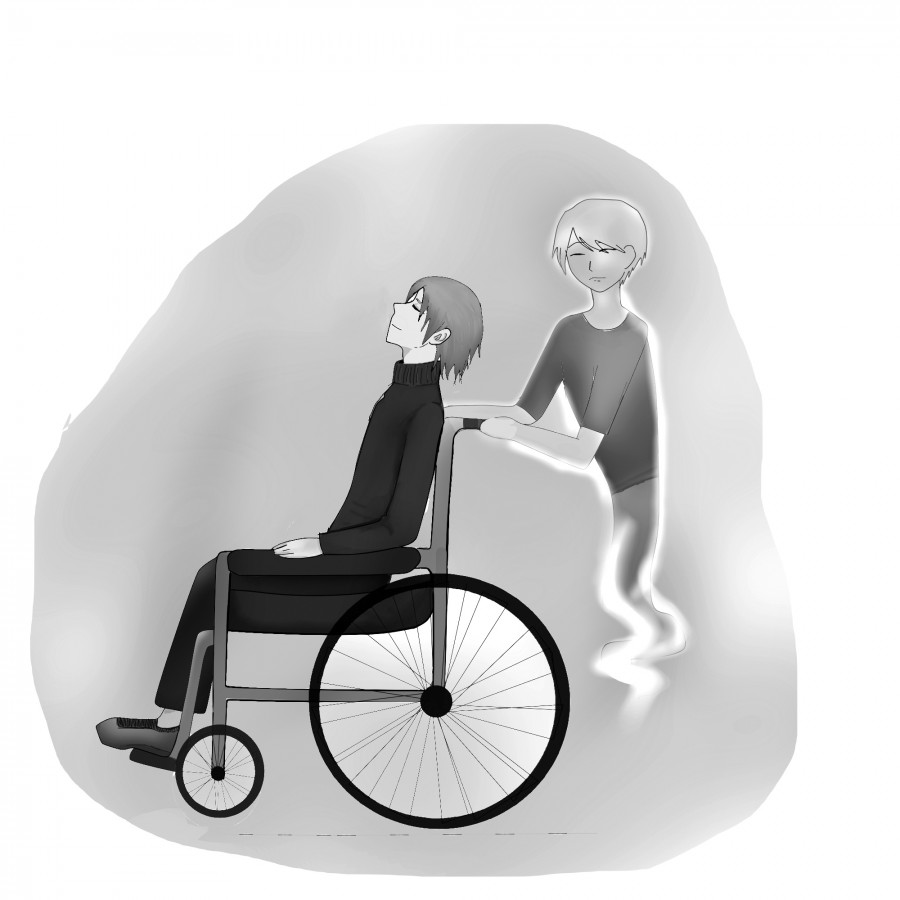
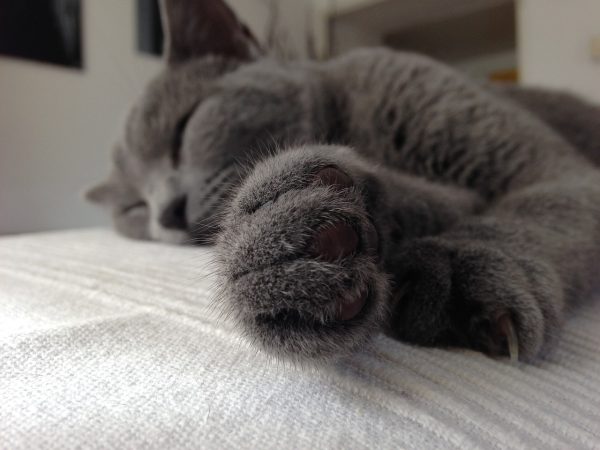
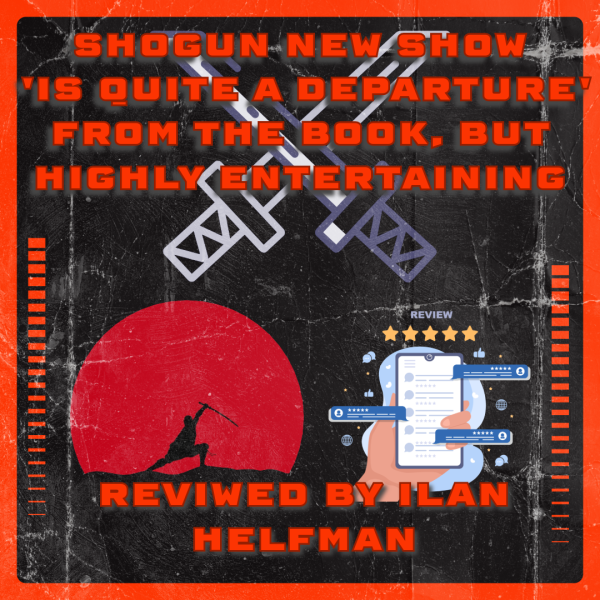
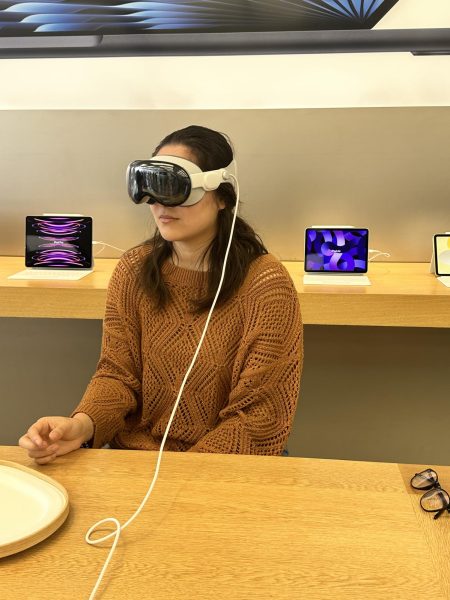
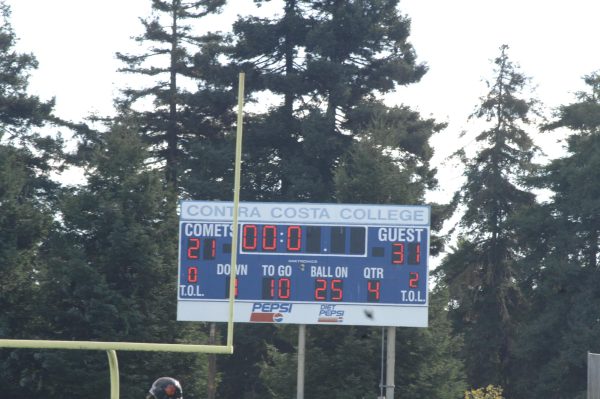

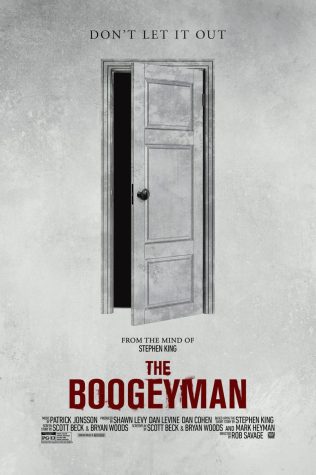
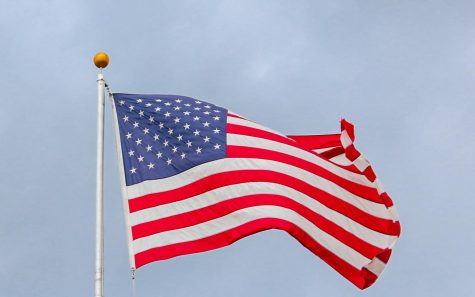
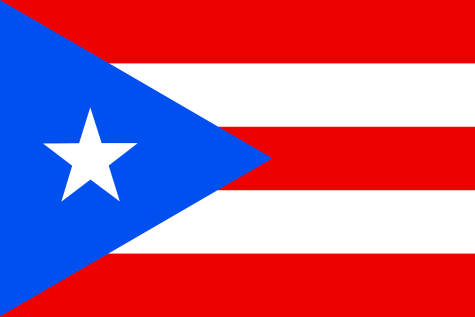
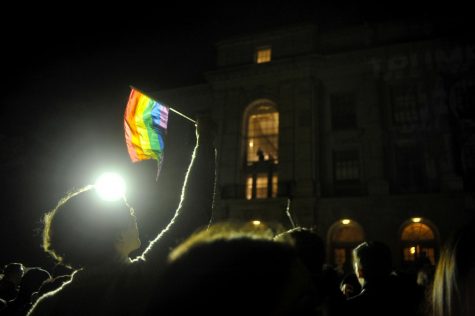

Fidette Concepcion • Jul 24, 2018 at 10:25 pm
Are there classes like computer, art … in the DSPS program?
Rob Clinton • Aug 4, 2018 at 9:02 pm
You can find out about the services provided by DSPS in the Student Services Center, Room 109
510.215.3969